
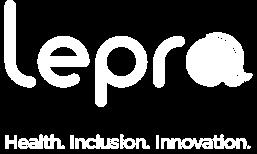

















For our autumn issue of Lepra News, we invite Lepra’s Programmes and Advocacy Director, Becks Hill to speak about the organisation’s work around rights and inclusion for the most vulnerable members of society.

basic human right, not just a goal.
For too long, people affected by leprosy have been excluded from decision-making, denied access to services, and silenced in spaces where their voices should be leading the conversation. Among this already marginalised group, children have remained the most overlooked, with little attention paid to their unique experiences and needs following a diagnosis.
This year, we are working harder than ever to shift that narrative. We want to ensure that the voices and needs of children and communities affected by leprosy are heard, respected, and acted upon. With our advocacy theme for the year, we are embedding its principles into our advocacy, research, and programming. Already we are making meaningful progress in global discussions, through evidence generation, and strengthening representation.
A significant milestone on this journey, has been Lepra’s role in the first-
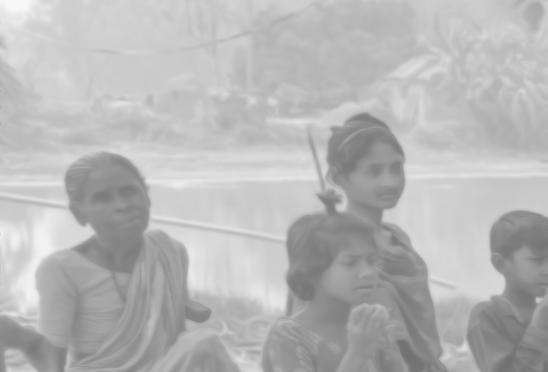
World Health Organization (WHO) ‘Technical Working Group’ (TWG) on Children Affected by Leprosy. This pioneering group recognises children as a distinct and underserved population within leprosy programming. Convened by WHO since September 2024, it has been taking a broad view that goes beyond diagnosis and treatment to include mental health, stigma, case detection, and access to care.


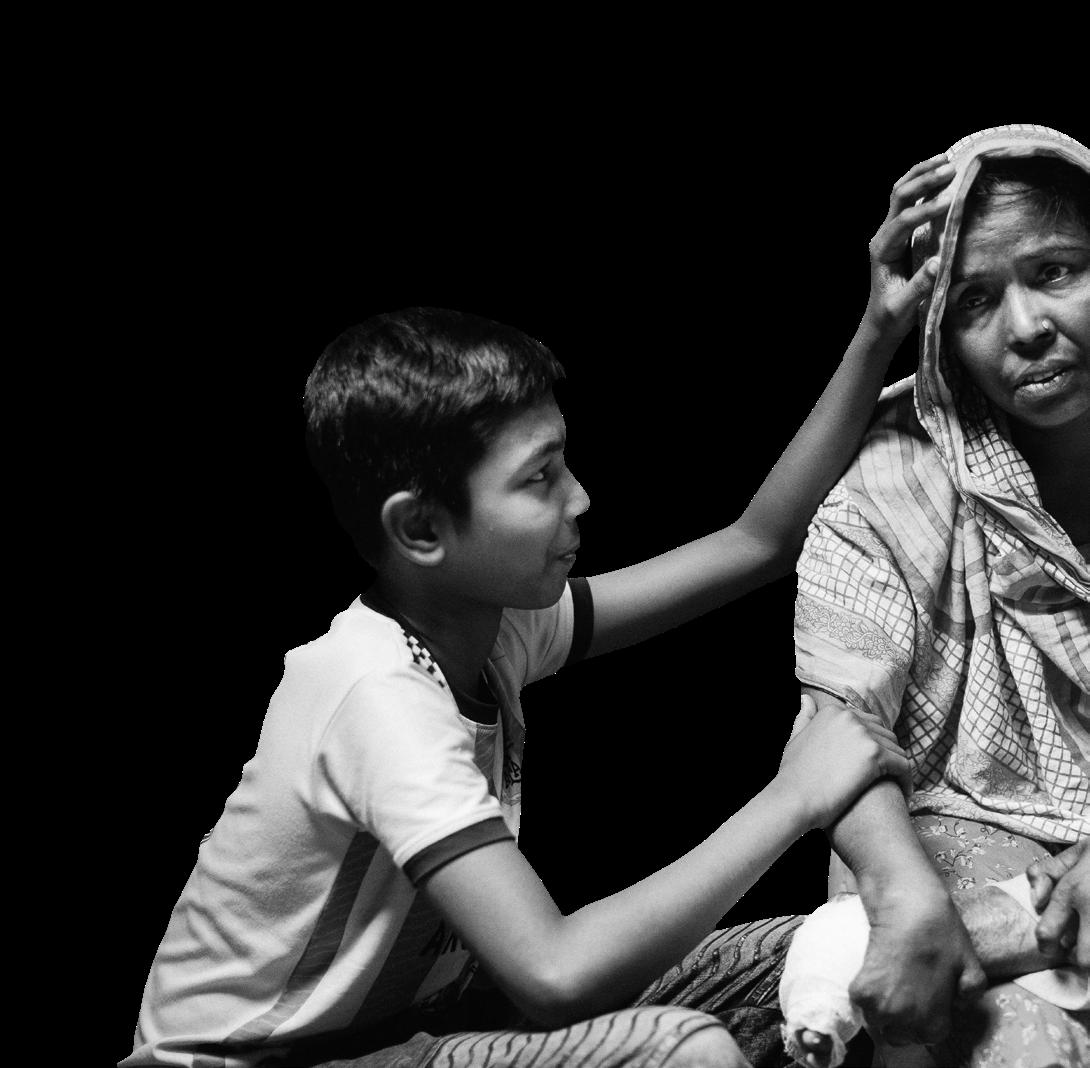

discrimination as experienced by children, where we are addressing a significant gap in research. While stigma in adults is well-documented, there is a troubling lack of robust research on how leprosy-related stigma affects children.
To begin closing this gap, our new Head of Research, Dr Madleina Daehnhardt, with support from three research volunteers and leading global experts, is conducting a comprehensive systematic review, the first of its kind. This work will help identify research gaps and guide future studies, ultimately ensuring that children’s experiences inform the design of policies and programmes.
on stigma and discrimination as experienced by children affected by leprosy, co-presented by Taslima Akter (Chair of Bogura Federation), Polu Waheduzzaman (Programme Manager, Bangladesh), and Maria del Mar Marais (UK Senior Programme Manager).



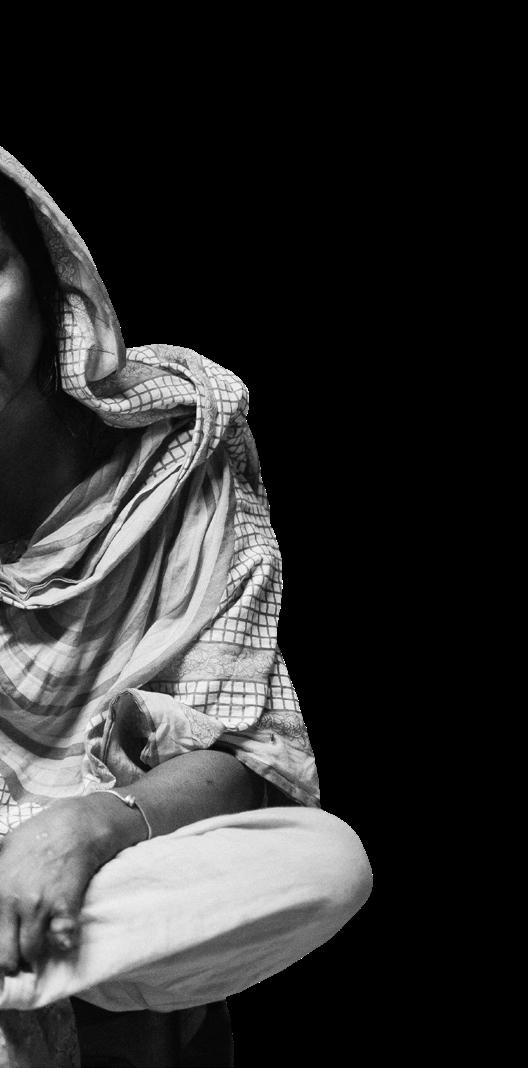
These priorities were reflected at International Leprosy (ILC) in July in Bali, where Lepra and Lepra Society presented a strong united front.
Our poster on ‘Inclusion as a Pillar of Systemic Change’ reinforced our thematic focus and outlined practical ways to embed inclusion in policy, practice, and
Taslima’s participation, being her first time outside Bangladesh, was significant. She was one of the few people affected by leprosy to present at the conference, making her contribution moving and symbolic. It was a clear example of what inclusion should look like: not just speaking for others but creating space for people to speak for themselves. You will hear more about our ILC participation from Maria in this edition.
As this issue of Lepra News shows, inclusion is a continuous and intentional commitment, not a one-time event. We are proud of the progress we have made so far and look forward to working together to create a more just, inclusive future for all children and communities affected by leprosy.
Becks Hill Programmes and Advocacy Director


In July, Maria del Mar Marais - Senior Programme Manager joined staff and volunteers from India and Bangladesh for this year’s International Leprosy Congress.

I had the privilege of representing Lepra at the 22nd International Leprosy Congress (ILC) held in Bali from 3–9 July 2025.
The conference opened with the PreCongress Forum for Organisations of People Affected by Leprosy - a three-day event that brought together participants with lived experience from 20 different countries.
The forum concluded with a roundtable discussion featuring key stakeholders, including the World Health Organization (WHO), Novartis, and the International Federation of Anti-Leprosy Associations (ILEP). Key outputs from this forum included:
• A letter of commitment calling for the creation of an oversight committee, mechanisms to report human rights violations, and stronger ownership through regular engagement.
• A set of recommendations urging inclusive decision-making, dedicated resource allocation, and the abolition of discriminatory legislation.
• Action plan for capacity development, encouraging NonGovernmental Organisations (NGOs) to support people’s organisations by producing accessible materials in local languages.
Participants voiced concerns around the supply of multidrug therapy (MDT), the long-term effects of steroid treatment for leprosy reactions, and the limited inclusion of affected persons in decision-making processes. It was

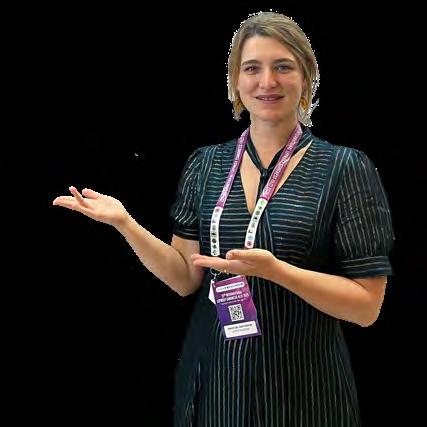

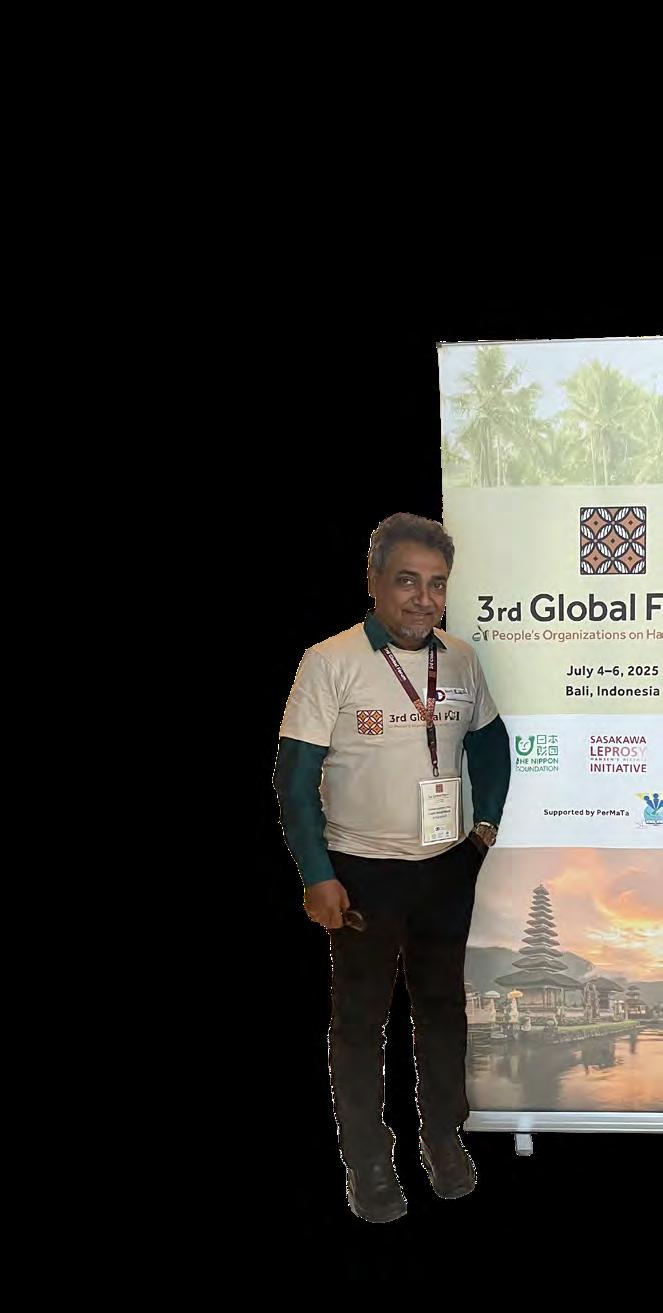


Our presentation highlighted Lepra’s ongoing systematic review on the topic for the WHO Technical Working group and concluded with a call to action for researchers, policymakers, and NGOs to invest in child-focused research, protections, and inclusive services.

Additionally, we presented a scientific poster showcasing participatory approaches in leprosy programming. Methods such as community asset mapping, seasonality calendars, World Café, and participatory ranking have proven powerful in ensuring that programmes are shaped and led lived experience.
While it’s promising to see participation recognised as a priority, the challenge ahead lies in embedding it meaningfully in practice. Lepra is committed to playing a key role in driving this shift.
The Congress was also an excellent opportunity for learning and skills development. I attended sessions highlighting how self-support groups can serve as effective health educators and how to enhance their sustainability within communities.
I also took part in a hands-on workshop on geospatial mapping using QGIS and Kobo tools. These tools are essential in public health, especially in resource-limited settings, as they can significantly improve the efficiency of key leprosy control interventions such as contact tracing. I look forward to exploring with colleagues in India and Bangladesh how these practical tools can be integrated into our programme strategies.
The theme of this year’s Congress ‘Towards Zero Leprosy’, offers an inspiring but simplified vision of the work ahead. Leprosy is a deeply complex and systemic issue that requires a multifaceted response.
Efforts must include health system strengthening, community-led programming, advocacy, and inclusive policy-making though a human rights lens. Alongside biomedical research to improve diagnostics and treatment, social research plays a vital role in uncovering the human, societal, and structural dimensions of the disease that medical approaches alone cannot address.
With 2030 - a key milestone for many global strategies - fast approaching, I hope we all feel renewed urgency and determination to continue advancing toward our shared goal. Sign up for Lepra’s monthly email updates to learn more about our vital work around advocacy and research:
www.lepra.org.uk/forms/newsletter-signup




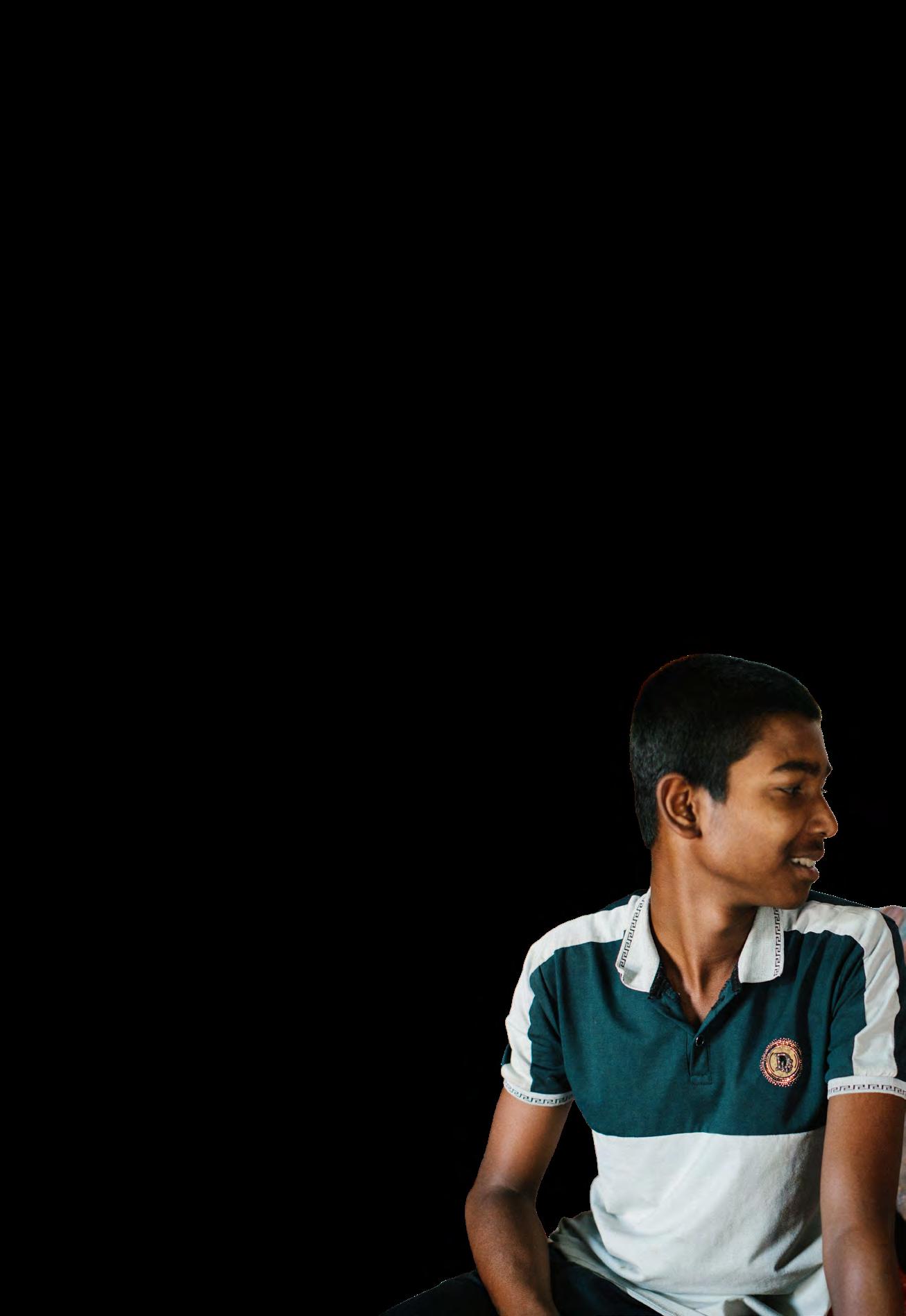

of people with leprosy.”
Toufik understands better than most, that once treated, leprosy is no longer contagious and that people have nothing to fear.
“Both my parents have leprosy. I have been serving them regularly and eat and sleep near them, but I am healthy!”
Despite the challenges they face, the family show remarkable resilience, thanks in part to the long-term support they have received from the Bogura’s Federation of People Affected by Leprosy.
They receive regular visits from community volunteers who are trained to provide additional help and support for self-care, accessing government benefits and advocacy for their rights.
In 2023, the Lepra-supported Federation was successful in securing the family a government-sponsored home, which has dramatically improved their outlook and living conditions.
To read each of their stories and find out more, please visit:
www.lepra.org.uk/real-life-stories




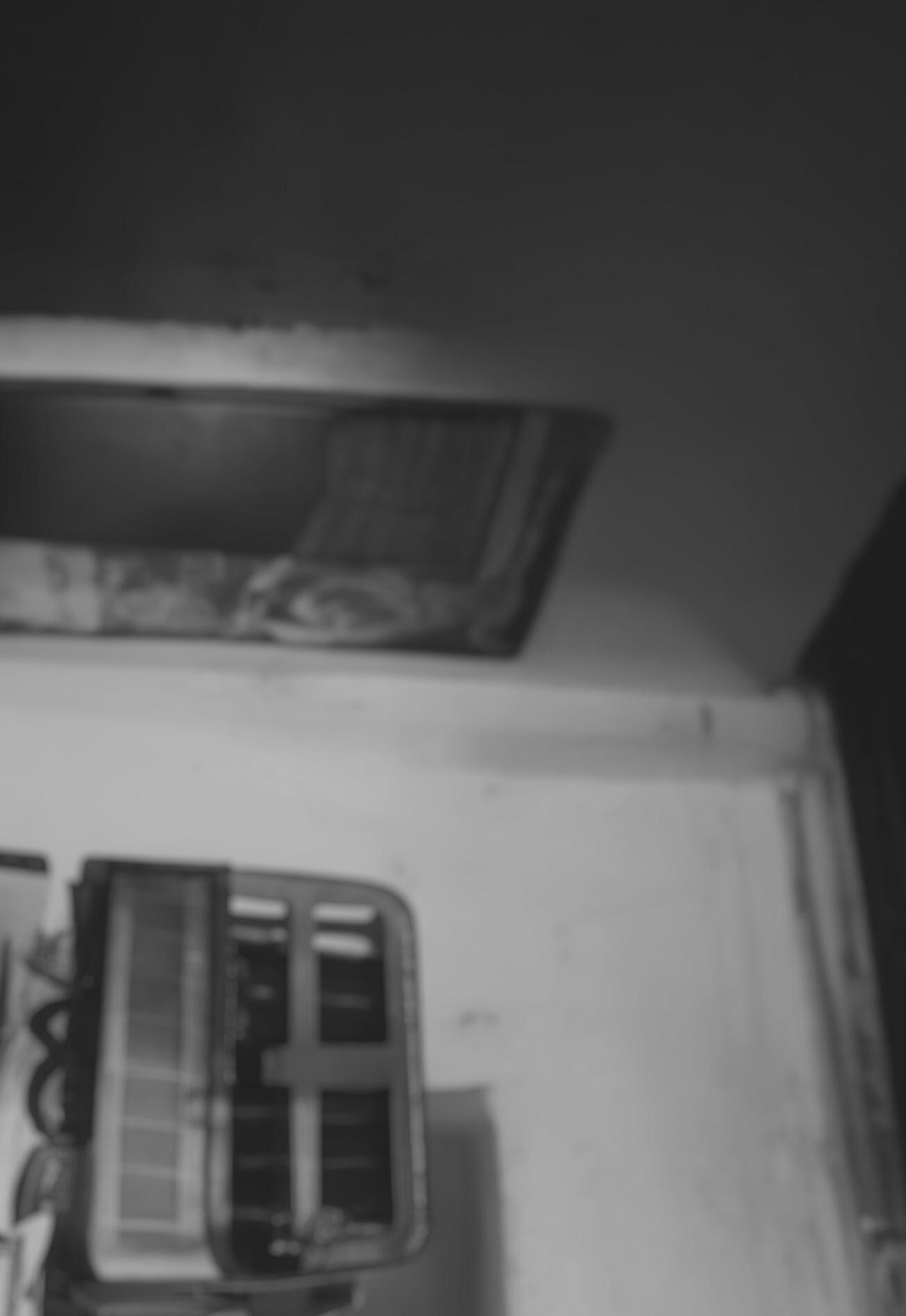

Incredibly it has been a year since we joined award-winning author Victoria Hislop at the BBC studios at Broadcasting House, to record Lepra’s Radio 4 Charity Appeal during our centenary year!
As you may remember, the appeal focused on the extraordinary real-life story of Maksuda from Bangladesh.
When Maksuda was a young mother, she overcame the social and emotional impact of diagnosis and now helps other people affected by leprosy to recover with dignity.

Thanks to the generosity of BBC Radio 4 listeners, our appeal raised an incredible
This fantastic support is being used right now to help people affected by leprosy and lymphatic filariasis in India and Bangladesh to access treatment, overcome discrimination, and rebuild
• Detect 900 new cases of leprosy, enabling early treatment and reducing the risk of disability
• Provide mental health support to 383 people affected by the disease, helping restore dignity, resilience, and social inclusion
• Deliver medical care to 1200 patients, addressing complications and promoting recovery
• Organise 15 self-care camps, equipping 189 individuals with lifelong skills to manage their

You can still listen to Victoria Hislop present our 2024 Radio 4 Appeal on the BBC website by following this link: www.bbc.co.uk/programmes/m0022sfd

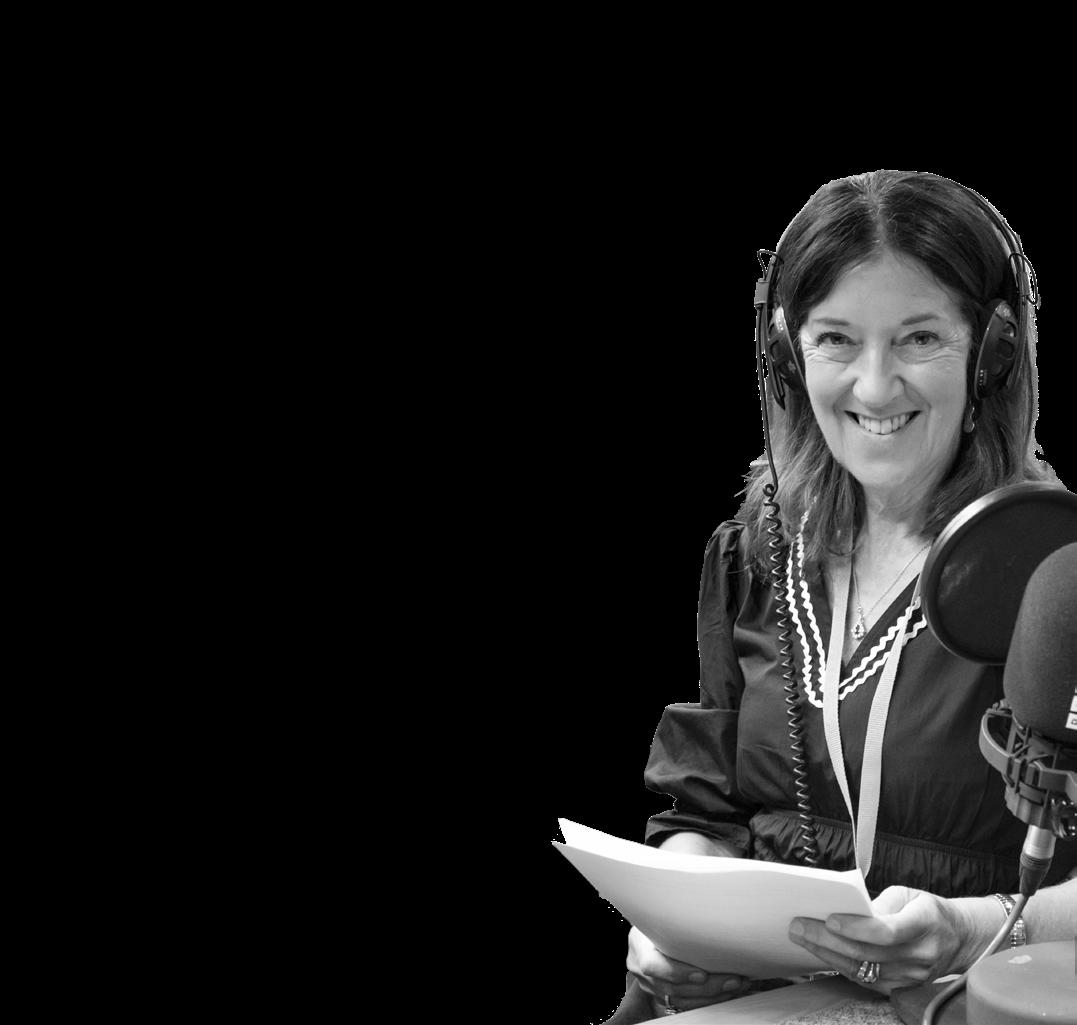

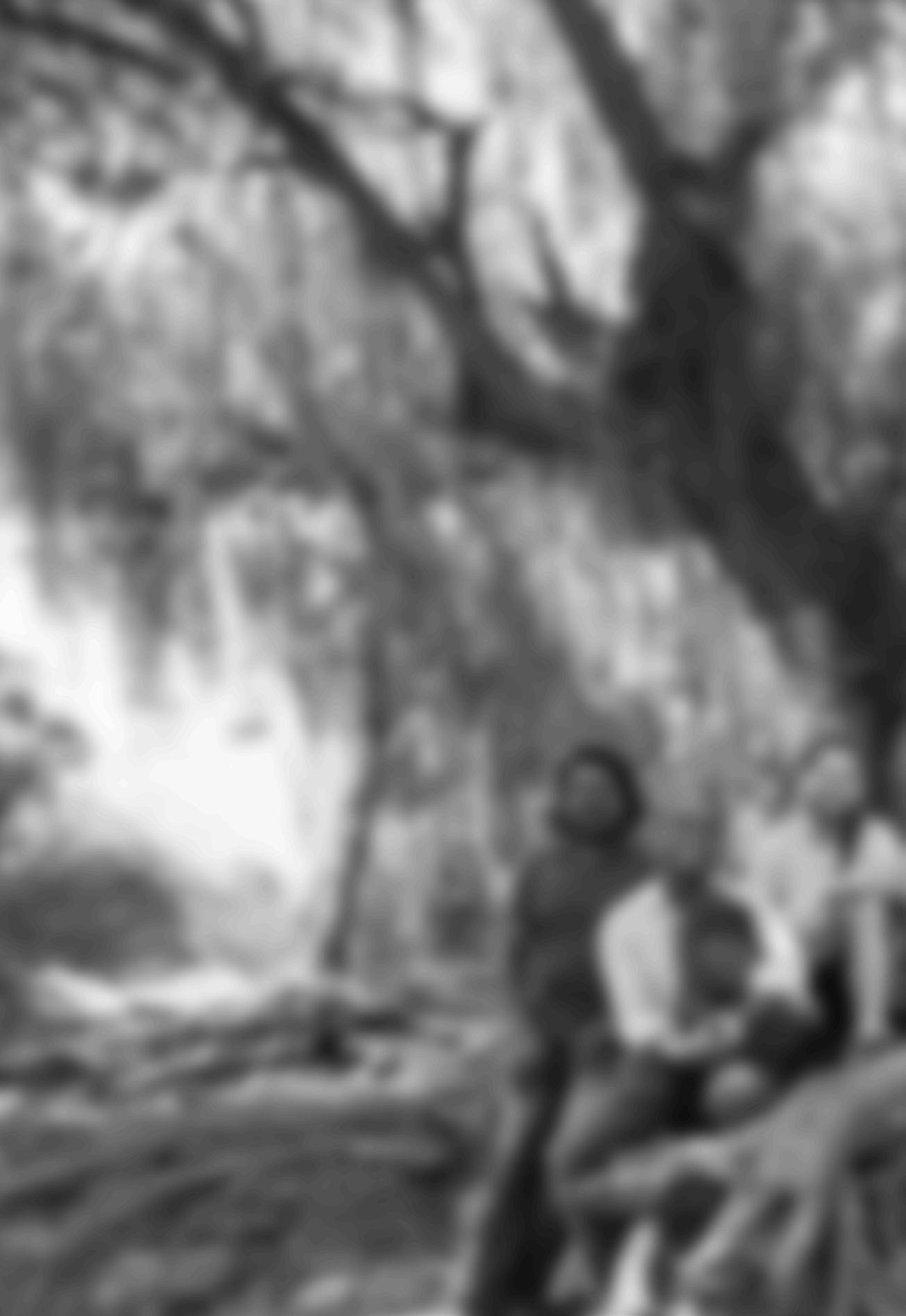
We are pleased to announce that former Lepra employee and organisational historian of her fascinating book, detailing the history of the charity.
Irene worked at Lepra for 38 years, and during that time, developed a passion for preserving the charity’s rich history.
Throughout her career, Irene worked alongside many influential people from across the organisation during this pivotal time, gaining incredible insight into Lepra’s many accomplishments.
Irene has documented her experiences and reflections in a 100-page book titled, ‘From BELRA to Lepra’
Lepra was founded in 1924 as BELRA – The British Empire Leprosy Relief Association. Irene’s book covers the century of work that Lepra has undertaken in helping people recover from the physical, emotional and financial impact of leprosy.
“I have a deep and abiding admiration for all that Lepra has done and achieved since its inception.”
We have a limited number of copies available to readers of Lepra News who make a £20 minimum donation (to cover printing and postage costs).
If you are interested in receiving a copy, please email: comms@lepra.org.uk
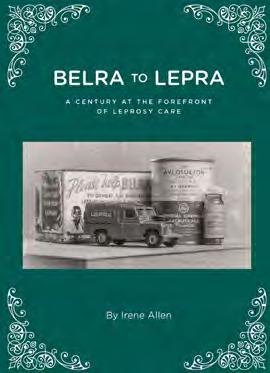

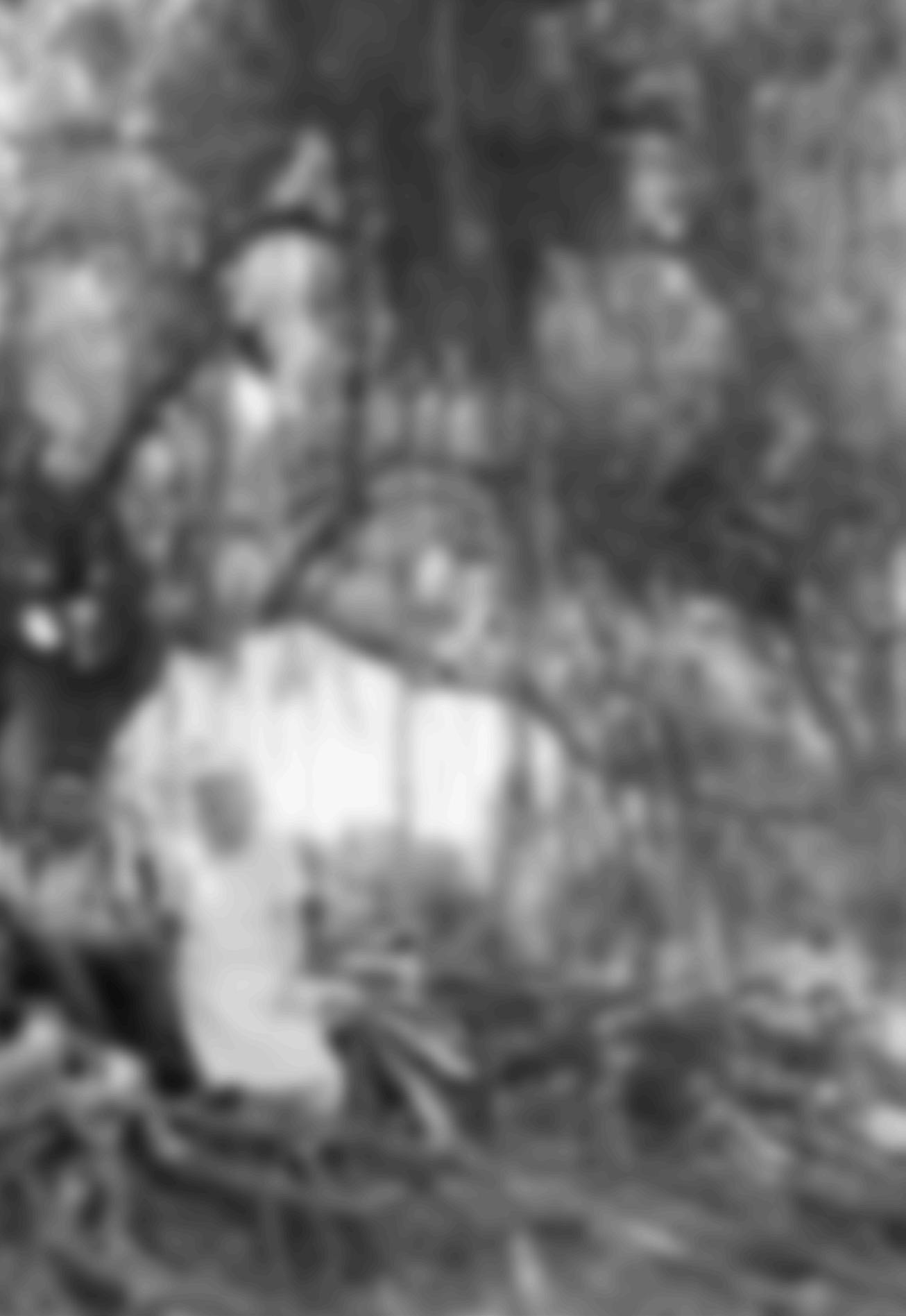

In 2024, Cambridge University Hindu Cultural Society (CUHCS) kindly chose Lepra as their charity of the year.
CUHCS is one of the largest faith societies at Cambridge University. Established in 1992, they provide a community for all students to practise Hinduism and learn more about the religion. This exciting partnership was an opportunity to achieve a positive impact together and the committee members were very dedicated to the cause.
In addition to their studies CUHCS organised a charity formal to raise awareness and funds for Lepra which fell during Sewa week, Sewa being an important aspect of Hinduism to act selflessly and help others without any reward or personal gain.
Lepra were kindly invited to the CUHCS Diwali Ball society members to inform them of Lepra’s work. Partnerships Assistant Manager attended the event shared:
“The charity ball was great fun and the students were welcoming and attentive to the talk given by Lepra. The food was delicious and the Bollywood dance troupe, made up of students from the Society, were exceptionally talented. Thank you to Parth and the Society for choosing to support Lepra.”
Parth Narlawar, President of CUHCS shares what this charity partnership has meant for their society:
“Partnering with Lepra this year has been an incredible way for members of CUHCS to do their Hindu duty of giving back. We chose Lepra because of the impactful work they are doing in tackling Leprosy and LF, and wanted to contribute to helping the lives of millions. Thank you to all the staff who helped in this partnership!”
Through their efforts, CUHCS raised an impressive total of £701.00, with an additional symbolic £1 donation which is regarded as auspicious in Hinduism. We are so grateful to everyone at CUHCS for their generosity and commitment to Lepra.


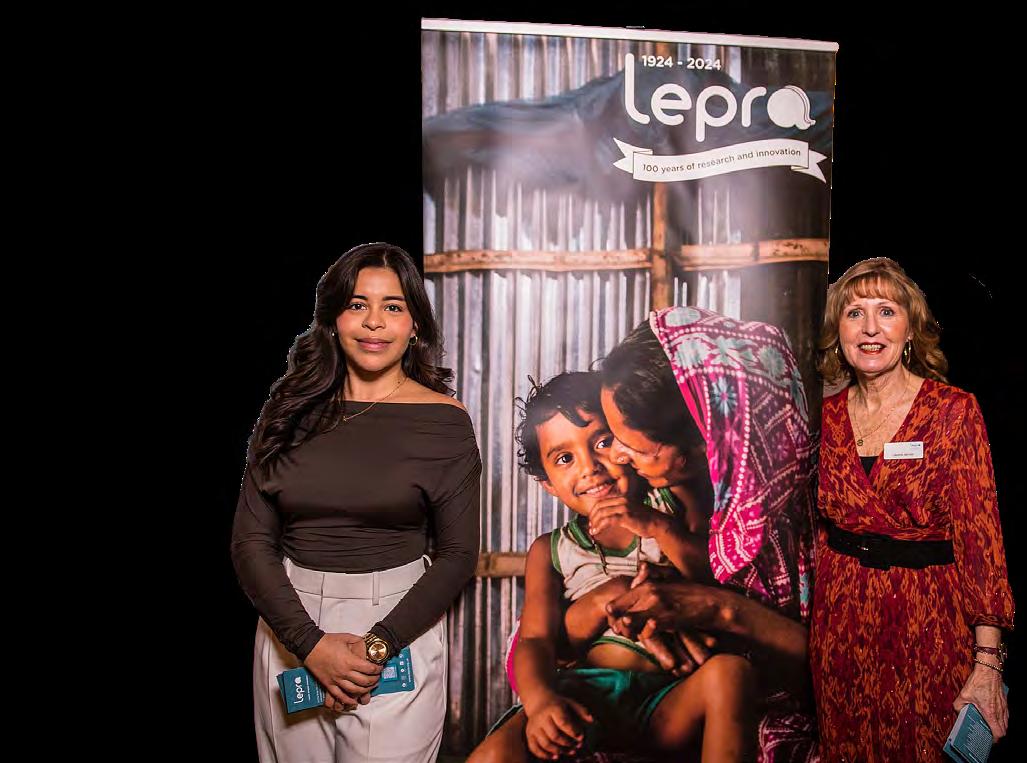


We’ve found the easiest way for everyone to support Lepra, and it doesn’t cost you a penny extra!
Every time you shop online for groceries, gifts, treats or even booking a holiday! 8,000+ retailers like Tesco, M&S, John Lewis, eBay, Argos, ASOS, Booking. com and many more will donate a percentage of your purchase to us for FREE through easyfundraising!
Sign up at easyfundraising.org.uk and register Lepra as your chosen charity
Whenever you shop online, locate your chosen retailer on the easyfundraising website or free app
You’ll then be transferred to the retailer’s site where you can shop as normal and a percentage of your purchase will automatically be donated to Lepra!

To find out more about this free and easy way to donate to Lepra, please visit the website below or scan the QR code.

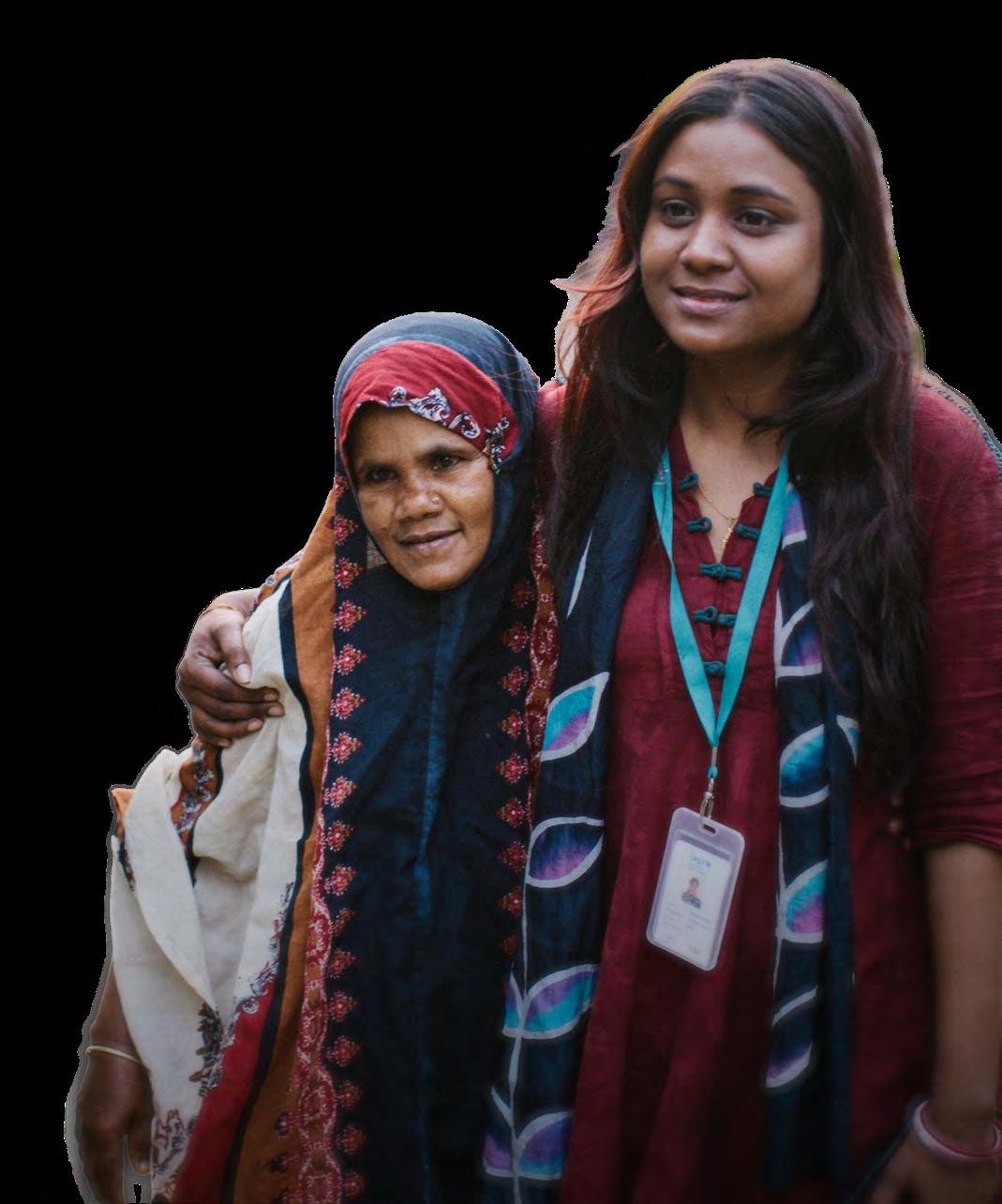

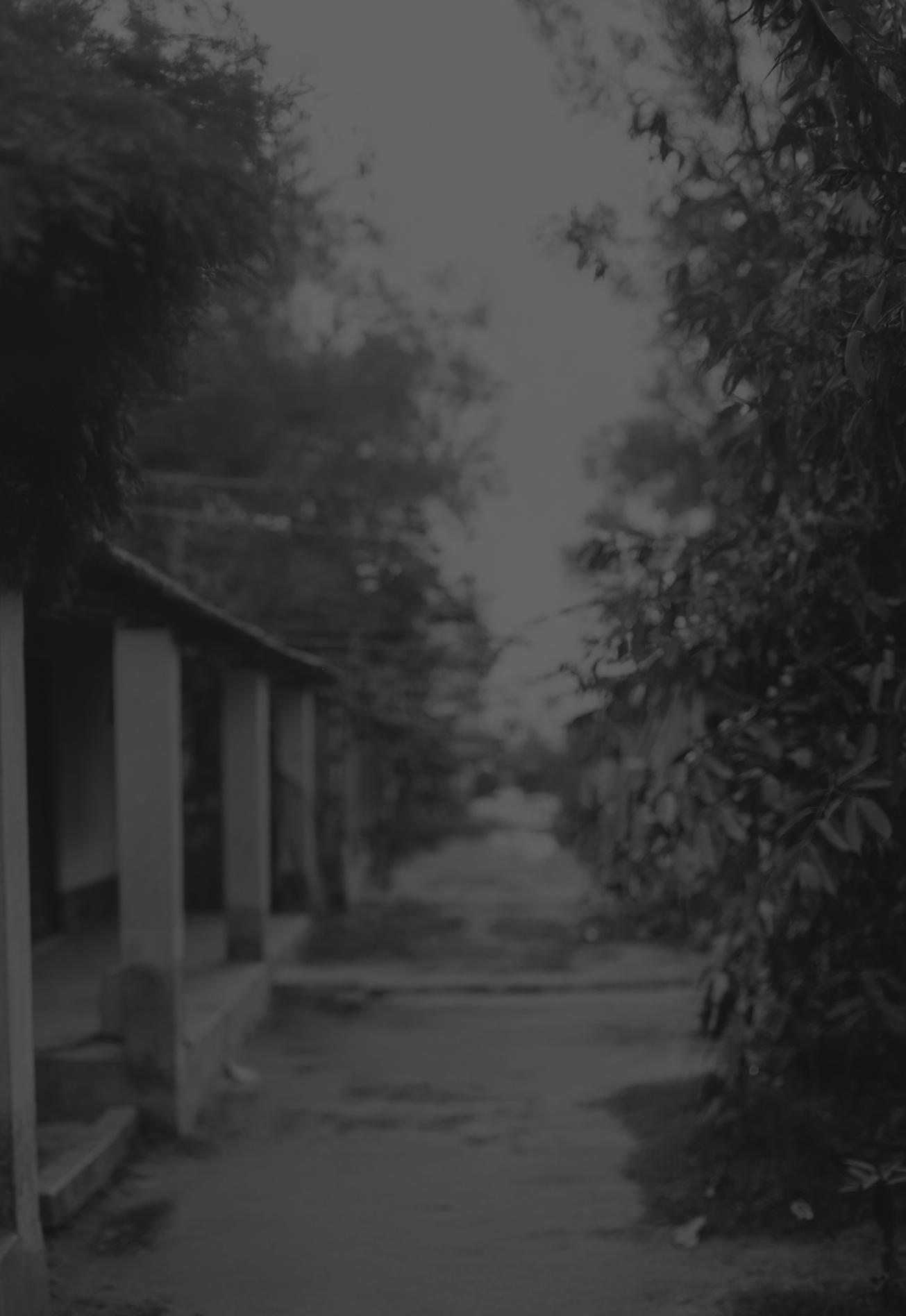
People affected by leprosy and LF deserve equal rights and to live their lives with dignity.
With your generous support, we can:
Raise awareness in communities, dispel myths and promote inclusion
Remove barriers to treatment
Provide access to benefits
Ensure no one has to face a diagnosis alone
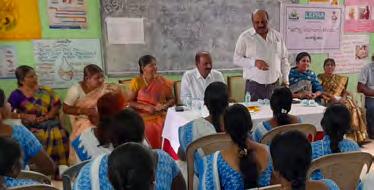
£25 will enable specialist healthcare workers and trained volunteers to screen up to 500 school children for leprosy. This is essential for safeguarding their health and protecting their future
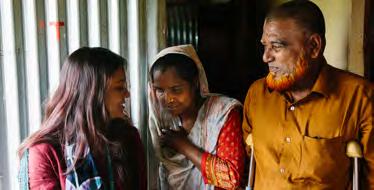
£50 will provide counselling services for a family of 5 people affected by leprosy. Structured counselling helps improve wellbeing, fosters resilience and greatly enhances people’s quality of life.

£100 could provide livelihood support for a family facing the financial impact of a diagnosis, helping them to live with independence and freedom from prejudice and discrimination
Help people and their families affected by leprosy and LF to receive the right care, at the right time and in the right place.
Spread your giving across the year, and change or 1 2 3
Help us plan future projects in the areas which need it most.




